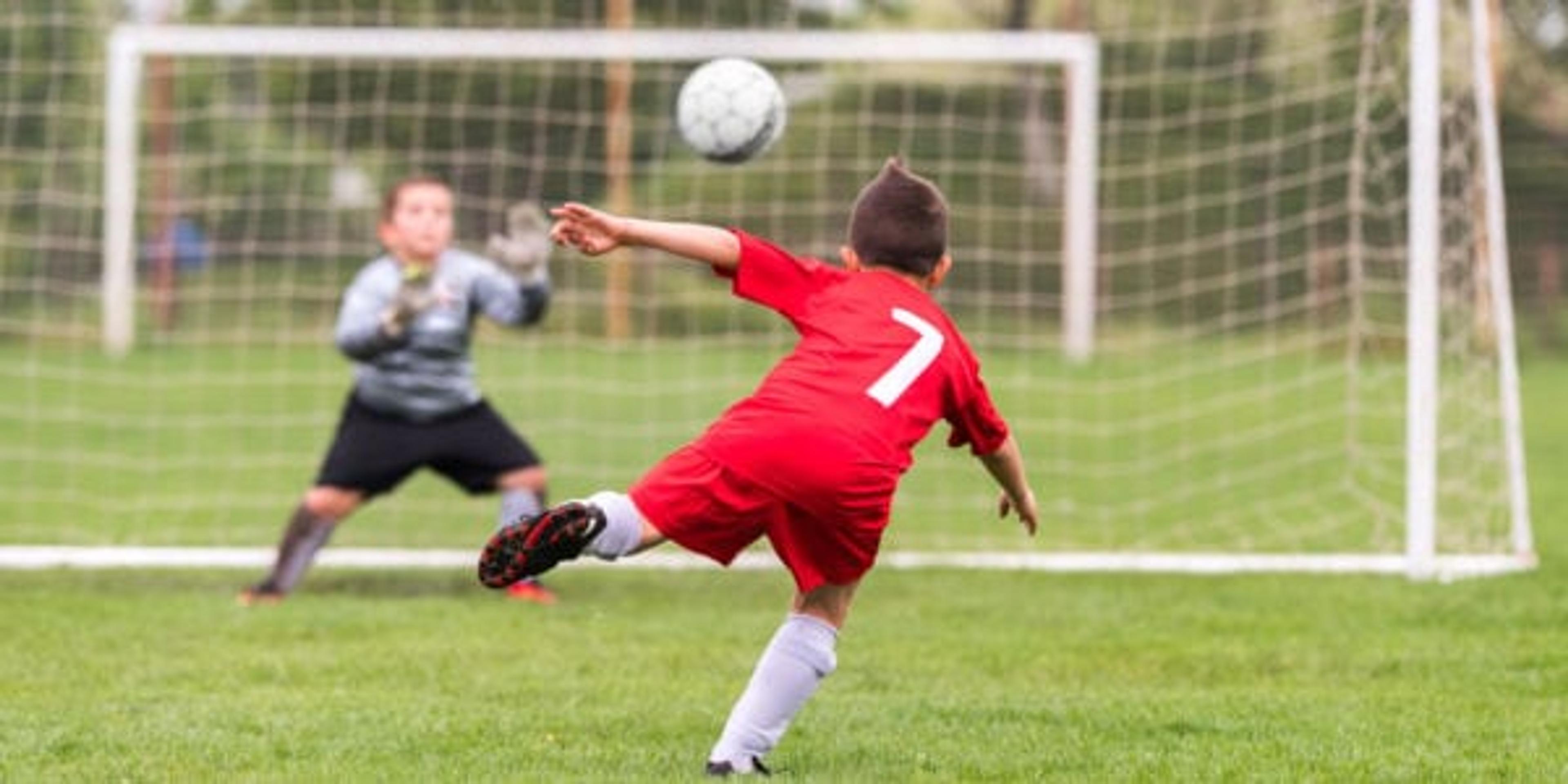Concussion Care: How To Know When Your Brain Needs A Break

Jillian Berndtson
| 3 min read

A recent study found that only half of concussions are reported or treated each year.
Concussions occur after a sudden hit to the head and are most common in contact sports such as soccer or basketball. When the impact is strong enough, it can move the brain, causing a concussion. When left untreated, concussions can lead to serious complications, including brain swelling and traumatic brain injuries. If your child is playing a contact sport, make sure they are taking the necessary precautions to reduce their risk of traumatic brain injuries.
While a loss of consciousness is indicative of a concussion, most concussions occur when the individual is fully alert. Concussion symptoms vary based on the severity of the impact and the age of the individual, but the most common warning signs are:
- Headache
- Confusion and memory problems
- Drowsiness
- Dizziness and balance problems
- Vision problems
- Sensitivity to light and noise
- Slow reaction to stimuli
- Changes in appetite, energy levels, sleep patterns, mood, behavior
- Nausea or vomiting
Some less common symptoms include irritability, seizures, unequal pupil size, slurred speech and abnormal eye movement.
Encourage your child to reach out to a coach or athletic trainer immediately if they experience any of these symptoms after a jolt to the head. Even if they don’t have a concussion, it’s better for them to take an unnecessary break from practice or a game than to push themselves and worsen the injury.
If you think your child may have a concussion, he or she should avoid strenuous mental activities, physical activities, driving and in some cases, pain relievers. Your child should also avoid any activity that aggravates their symptoms. For example, if loud rooms make the symptoms worse, they should try going to quieter areas instead.
Concussions can be difficult to diagnose since they aren’t visible. In some cases, symptoms may not arise until days or weeks after the injury, based on what grade of concussion the person may have sustained. If you believe you or a loved one has a concussion, seek medical attention. A health care professional will ask about the symptoms and discuss the appropriate treatment for your child.
Most courses of treatment require rest. It is crucial to give the brain the proper amount of rest to fully heal. Once your child has completed the full recommended rest time, ease back into activities, especially sports. The likelihood of getting another concussion is much higher when the brain is still healing.
The good news? Most concussions don’t have permanent effects and will completely heal within a few weeks so your child can get back to playing their favorite sport after taking a brief time out.
You may also like:
Photo credit: fotokostic





